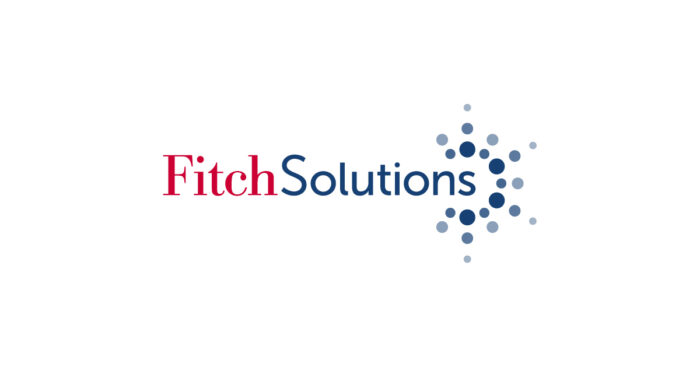
Fitch Solutions have said the schemes recently announced by Union Finance Minister Nirmala Sitharaman as stimulus package 3.0 to boost the employment, credit and manufacturing sectors would be supportive to India’s economic rebound over the coming quarters, however, the actual impact on public finances is difficult to ascertain.
“While many of these schemes should be supportive to India’s economic rebound over the coming quarters, the actual impact on public finances is difficult to ascertain. For example, the PLIs (Production-Linked Incentive) will span across a five-year period and their fiscal impact will likely only be seen from FY2021/22 onward,” an official statement from Fitch Solutions stated.
“We maintain our forecast for a central fiscal deficit of 7.8 per cent of GDP in FY2020/21, which already accounts for more central government borrowing than is currently been targeted at Rs 13 trillion,” Fitch Solutions added.
The Union Cabinet on Wednesday approved PLI scheme in 10 key sectors including pharmaceutical drugs and automobiles and auto components to enhance India’s manufacturing capabilities and export.
The approved financial outlay for the 10 sectors over five-year period is Rs 1,45,980 crore. “Estimating using the outright fiscal outlays from this announcement, ‘Stimulus 3.0′ appears to suggest additional expenditure of Rs 1 trn (0.44 per cent of FY2019/20 GDP), not including EPFO subsidies. Moreover, the announcement did not outline any additional borrowing to finance these additional spending, which suggests a reallocation of FY2020/21 budget expenditure plans instead,” stated Fitch Solutions. Union Minister Prakash Javadekar earlier said the PLI scheme will also help in creating jobs.
The 10 sectors identified under the scheme are–Advanced chemistry cell (ACC) battery (approved financial outlay over a five year period of Rs 18,100 crore), electronic/technology products (approved financial outlay Rs 5,000 crore), automobile and auto component (Rs 57,042 crore), pharmaceuticals and drugs (Rs 15,000 crore), telecom and networking products (12,195 crore), textile products (Rs 10,683 crore), food products (Rs 10,900 crore), high efficiency solar photovoltaic modules (Rs 4,500 crore), white goods (ACs and LEDs) (Rs 6,238 crore) and specialty steel (Rs 6,322 crore).
[the_ad id=’22722’]


















